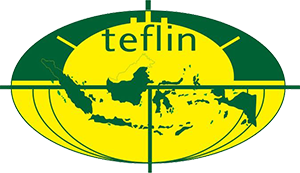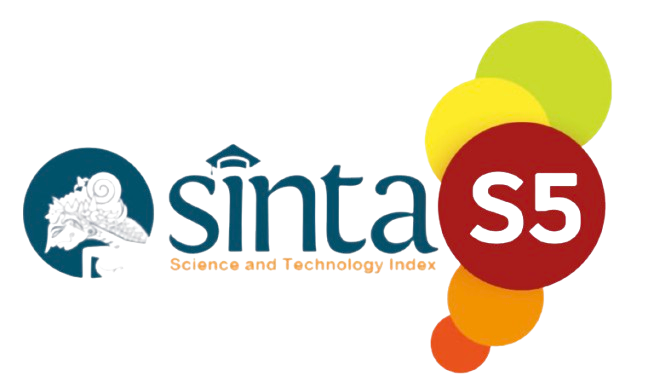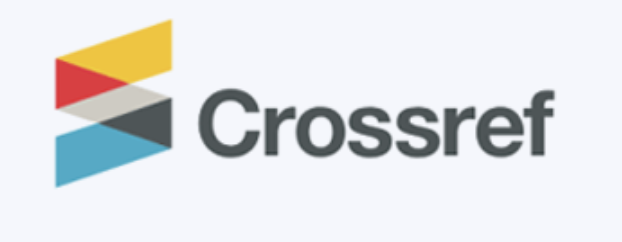The Use of Contextual Approach for Improving Students' Learning Activities
Keywords:
action research, learning activities, contextual approachAbstract
This study aims to determine efforts to increase learning activities through a contextual approach to students of class VII, MTs Negeri 2 Bandar Lampung in 2019/2020. This research can be used as a reference for one of the learning approaches in order to improve learning achievement. This study uses several data collection methods, such as interviews, tests, observations, and questionnaires. This study shows that the use of contextual learning can increase student learning activities in learning Bahasa Indonesia in class VII MTs Negeri 2 Bandar Lampung. The enhancement of student learning activities in learning Bahasa Indonesia is based on the finding that the average student learning activity in pre-cycle learning is only 49%, it then increases to 72% in the first cycle, and after corrective actions are taken in the second cycle, the learning activities of Bahasa Indonesia are increasing again up to 86%.
References
Arthurs, L. A., & Kreager, B. Z. (2017). An integrative review of in-class activities that enable active learning in college science classroom settings. International Journal of Science Education, 39(15), 2073-2091.
Bera, L. K., Degeng, I. N. S., Setyosari, P., & Widiati, U. (2016). The Effect of Contextual Learning Strategy on the Basis of Language Exposure Ecology and Learning Motivation on the Matery of English Vocabulary. In International Conference on Education (ICE2) 2018: Education and Innovation in Science in the Digital Era (pp. 508-514).
Briz-Ponce, L., Pereira, A., Carvalho, L., Juanes-Méndez, J. A., & García-Peñalvo, F. J. (2017). Learning with mobile technologies–Students’ behavior. Computers in human behavior, 72, 612-620.
Candry, S., Elgort, I., Deconinck, J., & Eyckmans, J. (2017). Word writing vs. meaning inferencing in contextualized L2 vocabulary learning: Assessing the effect of different vocabulary learning strategies. Canadian modern language review, 73(3), 293-318.
Morosan, C., Dawson, M., & Whalen, E. A. (2017). Using active learning activities to increase student outcomes in an information technology course. Journal of Hospitality & Tourism Education, 29(4), 147-157.
Nurjannah. (2018). Penerapan Pendekatan Kontekstual dalam Meningkatkan Keterampilan Menulis Puisi pada Siswa SDN 1 Lalebbata Kelas VB Kecamatan Wara Kota Palopo. Prosiding Seminar Nasional, ISSN 2443-1109, pages 299-470.
Padmi, Jatuh. (2017). Peningkatan Menulis Cerita Pendk Melalui Pendekatan Kontekstual Pada Siswa SMP Kelas VII. Jurnal Pendidikan, 2(1), 21-28.
Poondej, C., & Lerdpornkulrat, T. (2016). The development of gamified learning activities to increase student engagement in learning. Australian Educational Computing, 31(2).
Sutikno, Sobri. (2007). Menggagas Pembelajaran Efektif Bermakna, Mataram : NTP Press.
Whitton, D., Barker, K. L., Nosworthy, M., Humphries, J., & Sinclair, C. (2016). Learning for teaching: Teaching for learning.














